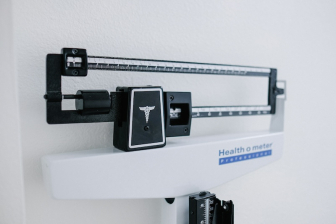Breast Cancer: New indicators found to help in prognosis for the most aggressive form
Last updated: 01 November 2019
You can legally access new medicines, even if they are not approved in your country.
Learn howReported successful classification of triple breast cancer which can tell who can be cured and who might suffer a relapse.
Triple-negative breast cancer is the rarest, and most aggressive form of breast cancer. For this cancer, researchers have, until now, been unable to identify markers that can classify patients by prognosis or probability of responding to different treatments. Researchers from the Spanish National Cancer Research Centre (CNIO) are now publishing in Nature Communications, a successful classification of triple breast cancer patients, which for the first time, would allow doctors to discern between those who can be cured and those who might suffer a relapse. The research also indicates that combined treatments with existing drugs could be effective in patients with these markers.
In samples of tumours from 34 patients, the researchers found the biochemical more than two million marks in tumour proteins, but with the help of sophisticated tools, they detected that, among all these signals, there is a precise combination that is only found in patients who relapse.
"Until now, it has not been possible to establish a link between the presence of certain mutations in triple negative breast cancer and a prognosis or response to drug treatment," explained oncologist Miguel Ángel Quintela, director of the Breast Cancer Clinical Research Unit at CNIO and lead author on the research paper. "We have shown for the first time that proteomics can be used to predict the evolution of triple negative breast cancer, and to select combinations of pairs of drugs as candidates for clinical trials."




